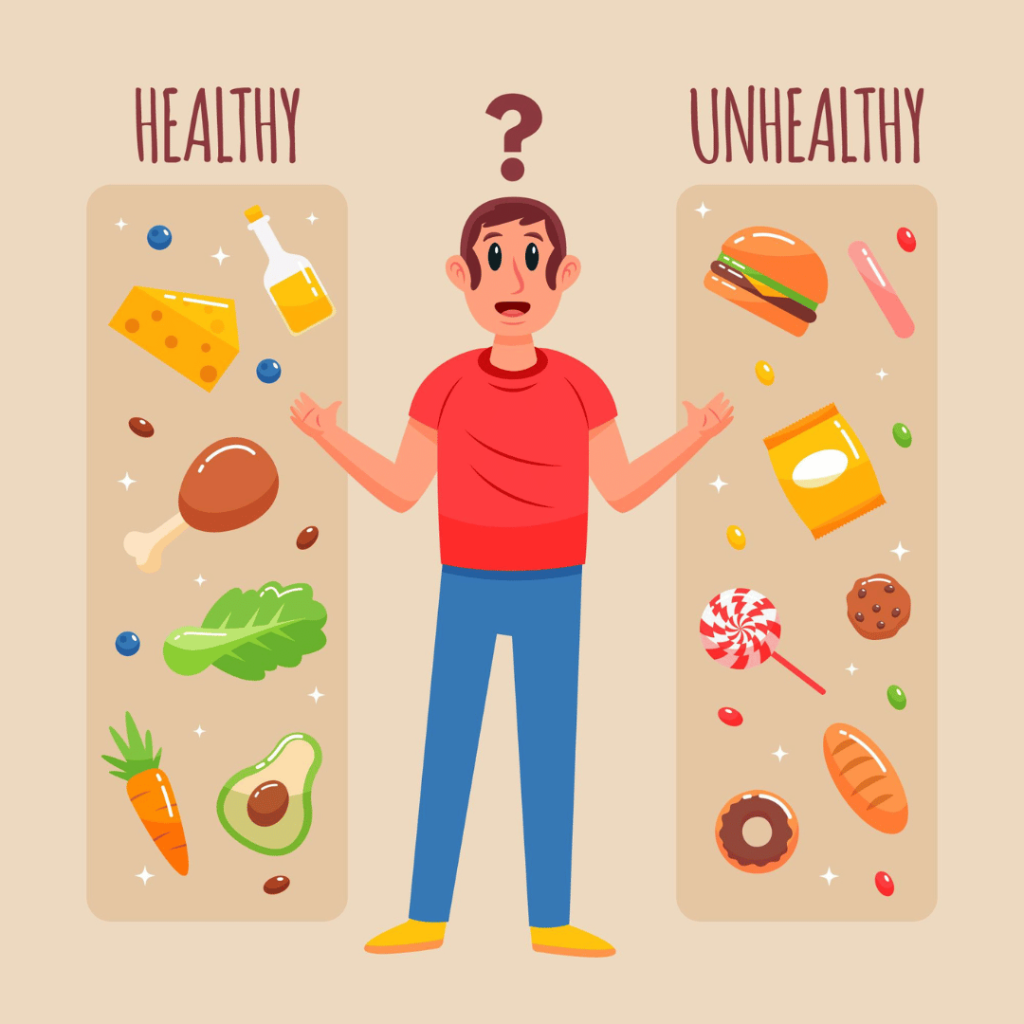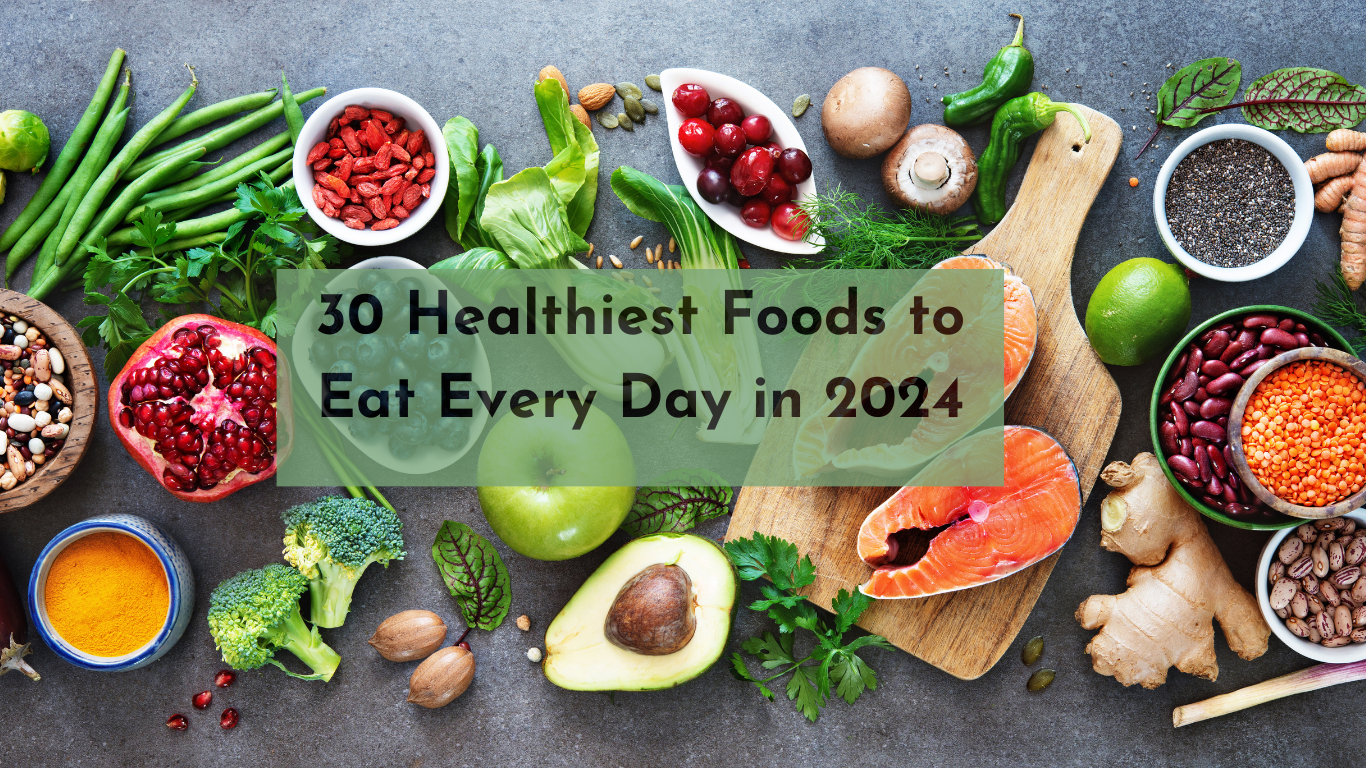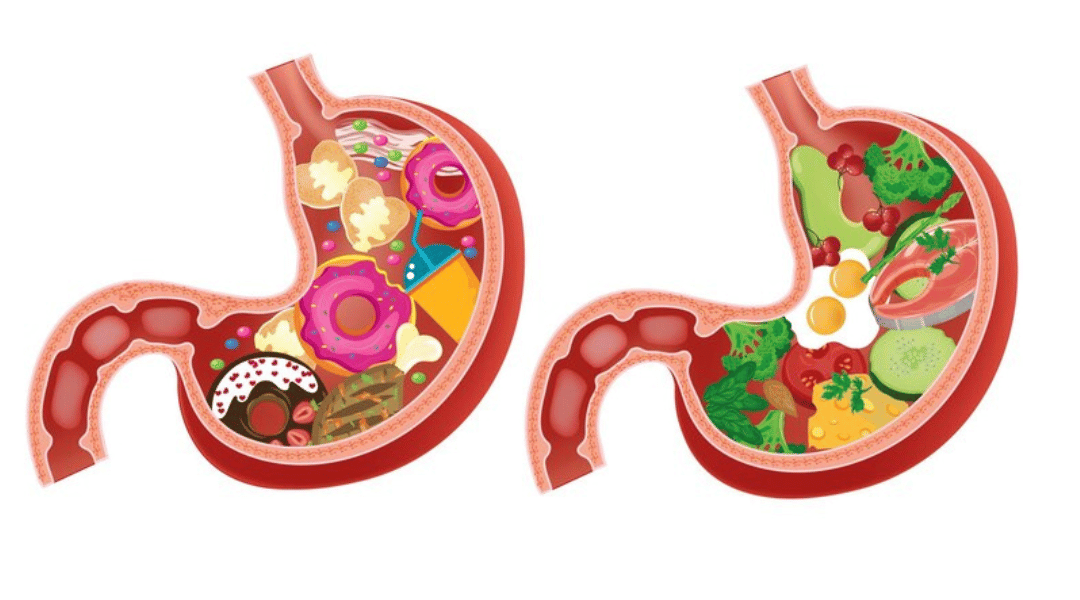In recent years, there has been a growing interest in finding new and innovative ways to maintain a healthy diet. One such trend that has gained popularity is the Fruit and Meat Diet. This unique approach combines goodness of fruits with essential nutrients found in meat, offering a well-rounded and satisfying eating plan. In this comprehensive article, we will explore benefits, guidelines, and potential drawbacks of the Fruit and Meat Diet, providing you with all information you need to make an informed decision about incorporating it into your lifestyle.
What is a Fruit and Meat Diet?
A fruit and meat diet is a unique eating plan that combines consumption of fresh fruits and lean meats as primary sources of nutrition. It is a trend in nutrition that aims to provide a well-rounded and balanced approach to healthy eating. By incorporating fruits and meats into the diet, individuals can benefit from wide array of nutrients offered by these food groups.
Fruits, known for their natural sugars, vitamins, minerals, and antioxidants, provide essential nutrients that support overall health and well-being. They are also rich in dietary fiber, which aids in digestion and promotes a healthy digestive system. On other hand, lean meats are excellent sources of high-quality protein, iron, and other vital nutrients. They contribute to muscle growth and repair, provide sustained energy, and help maintain a healthy heart.
The fruit and meat diet offers several advantages, including improved digestion, weight management, increased energy levels, and enhanced heart health. It also allows for culinary creativity and variety in meals, as there is a wide range of fruits and lean meats to choose from. However, it is important to consider individual variations and potential drawbacks, such as limited nutrient spectrum and need for sustainability in long term. Consulting a healthcare professional or registered dietitian is always recommended before starting any new diet to ensure it aligns with individual health needs and goals.

What can you eat on a Fruit and Meat Diet?
On a Fruit and Meat Diet, you can enjoy a wide variety of delicious and nutritious foods. The diet primarily revolves around incorporating fresh fruits and lean meats into your meals. When it comes to fruits, options are abundant, ranging from sweet and juicy fruits like apples, oranges, berries, and bananas to exotic choices like mangoes, papayas, and kiwis. These fruits provide essential vitamins, minerals, and antioxidants that support overall health.
In terms of meats, emphasis is on selecting lean options to keep diet low in saturated fats. Poultry, such as chicken and turkey, is a popular choice, along with fish like salmon, tuna, and tilapia, which are excellent sources of omega-3 fatty acids. Additionally, lean cuts of beef and pork can be incorporated in moderation. By combining fruits and meats, you create a well-rounded diet that provides necessary nutrients to fuel your body and maintain a healthy lifestyle.
With Fruit and Meat Diet, your meals can be both flavorful and diverse. For breakfast, you might start day with a refreshing fruit salad paired with a side of grilled chicken or turkey sausage. For lunch, a delicious salad with mixed greens, sliced fruits, and grilled fish can be both satisfying and nutritious. Dinner could feature a lean steak or chicken breast accompanied by a vibrant fruit salsa. Snacks can consist of fresh fruit slices or dried fruits combined with nuts for a boost of energy between meals. The possibilities are endless, allowing you to explore various flavor combinations while reaping benefits of this exciting and wholesome dietary approach.

Benefits of Fruit and Meat Diet in 2023
These are benefits of fruit and meta diet:
- Nutrient Rich: The Fruit and Meat Diet offers a wide range of essential nutrients, including vitamins, minerals, proteins, and antioxidants, which are all vital for maintaining optimal health and well-being.
- Weight Management: The diet’s emphasis on fresh fruits and lean meats can help in weight management, as these foods are generally low in calories and high in satiating properties.
- Improved Digestion: Fruits are rich in dietary fiber, which aids in digestion and helps prevent constipation. Combined with protein from meats, this diet can support a healthy digestive system.
- Increased Energy Levels: The natural sugars found in fruits provide a quick energy boost, while protein from meats ensures sustained energy throughout day.
- Enhanced Heart Health: Lean meats are an excellent source of high-quality protein and contain healthy fats. When combined with the antioxidants and phytochemicals present in fruits, Fruit and Meat Diet can promote a healthy heart.
- Variety and Flavor: With a wide array of fruits and meats available, this diet allows for culinary creativity, ensuring that you never get bored with your meals.

Are there any side effects of eating only Fruit and Meat Diet?
Eating a diet consisting solely of meat and fruit, known as fruit and meat diet, can have both positive and negative effects on body. While it can provide essential nutrients and support certain health benefits, it may also have potential side effects to consider. In this detailed explanation, we will explore possible side effects of following a Meat and Fruit Diet to provide you with a comprehensive understanding of its impact on your health.
- Nutrient Deficiencies: One of main concerns with Meat and Fruit Diet is risk of nutrient deficiencies. By excluding other food groups such as grains, dairy, and vegetables, you may not obtain a wide enough range of essential nutrients. For example, this diet may lack sufficient fiber, calcium, vitamin D, vitamin B12, and iron, which are commonly found in other food groups. Long-term deficiencies in these nutrients can lead to various health issues, such as weakened bones, anemia, and impaired immune function.
- Low Carbohydrate Intake: The Meat and Fruit Diet tends to be low in carbohydrates, as it primarily relies on protein from meat and natural sugars from fruits. While some individuals may adapt well to low-carbohydrate diets, others may experience side effects such as fatigue, dizziness, and difficulty concentrating. Carbohydrates are body’s main source of energy, and a prolonged lack of carbohydrates can negatively impact overall energy levels and athletic performance.
- Digestive Issues: Another potential side effect of Meat and Fruit Diet is digestive discomfort. Fruits are generally high in fiber, which can promote healthy digestion. However, excessive fruit consumption, particularly when combined with high-protein meats, can lead to digestive issues such as bloating, gas, and diarrhea. It is important to be mindful of individual tolerance and adjust fruit intake accordingly.
- Risk of Imbalanced Macronutrient Ratio: The Meat and Fruit Diet may result in an imbalanced macronutrient ratio, with a higher proportion of protein and lower intake of carbohydrates and fats. This imbalance can strain kidneys and liver, potentially leading to kidney problems and an increased risk of nutrient imbalances. It is crucial to monitor protein intake and ensure it aligns with individual needs.
- Individual Variations: It is important to recognize that side effects of Meat and Fruit Diet can vary depending on individual factors, including overall health, lifestyle, and genetic predispositions. Some individuals may tolerate and thrive on this diet, while others may experience adverse effects. Consulting a healthcare professional or registered dietitian can provide personalized guidance based on your specific needs and circumstances.
- Sustainability: Sustainability is another factor to consider when following the Meat and Fruit Diet. While it may initially seem appealing, some individuals may find it challenging to sustain this diet in long term due to limited variety of foods and potential monotony. It is essential to find a dietary approach that is enjoyable and sustainable for you to maintain healthy eating habits over time.
Fruit and Meat Diet can offer certain health benefits, it is important to be aware of potential side effects associated with this restrictive eating plan. Nutrient deficiencies, low carbohydrate intake, digestive issues, imbalanced macronutrient ratio, individual variations, and sustainability are all factors to consider. It is advisable to consult with a healthcare professional or registered dietitian before starting any new diet to ensure it meets your individual nutritional needs and goals.
Remember, balance and moderation are key when it comes to maintaining a healthy and sustainable diet.

Fruits to Choose and Avoid on Only Meat Diet
When following an only meat diet, it’s crucial to consider fruits you include in your meal plan. While fruits are generally associated with a plant-based or balanced diet, there are still options that can be incorporated into an exclusively meat-based eating plan. In this section, we will explore the fruits to choose and those to avoid when following an only meat diet.
Fruits to Include
Although an only meat diet focuses primarily on animal products, there are certain fruits that can complement and enhance nutritional value of the meals. Here are some fruits to include:
- Avocado: Although technically classified as a fruit, avocados are rich in healthy fats, fiber, and essential nutrients. They can provide a creamy and satisfying addition to your meat-based meals.
- Tomatoes: While often mistaken for vegetables, tomatoes are botanically considered fruits. They are a great source of vitamins A and C, as well as antioxidants. Tomatoes can be sliced and added to meat dishes, providing a burst of flavor and color.
- Berries: Berries such as strawberries, blueberries, raspberries, and blackberries are low in sugar and high in antioxidants. They can be enjoyed in moderation and provide a natural sweetness to your meals.
- Lemons and Limes: These citrus fruits can be used as a flavor enhancer for meat dishes. Squeezing fresh lemon or lime juice over your meat can add a refreshing tang.
- Olives: Olives are technically classified as fruits and can be included in an only meat diet. They are a good source of healthy fats and add a savory element to meals.
Fruits to Avoid
While some fruits can be incorporated into an only meat diet, there are certain fruits that may not align with the principles of this eating plan. Here are some fruits to avoid:
- High Sugar Fruits: Fruits such as bananas, grapes, pineapples, and mangoes are high in natural sugars. These fruits may not be suitable for an only meat diet, as focus is primarily on animal products.
- Dried Fruits: Dried fruits, including raisins, dates, and prunes, are concentrated sources of sugar and can be high in calories. They should be avoided on an only meat diet.
- Fruit Juices: While freshly squeezed lemon or lime juice can be enjoyed in moderation, other fruit juices are often high in sugar and lack beneficial fiber found in whole fruits. It is best to avoid fruit juices on an only meat diet.
- Canned Fruits: Canned fruits often contain added sugars and preservatives. It’s advisable to avoid canned fruits and opt for fresh alternatives instead.
Guidelines for Fruit and Meat Diet in 2023
To maximize benefits of the Fruit and Meat Diet, it is essential to follow some guidelines:
- Choose Fresh and Seasonal: Opt for fresh, locally sourced fruits and lean meats to ensure the highest quality and nutritional value.
- Balance Your Plate: Aim to have a well-balanced meal by including a variety of fruits and lean meats in your diet. This will provide you with a diverse range of nutrients.
- Portion Control: While fruits and lean meats are healthy choices, it’s important to practice portion control to maintain a balanced calorie intake.
- Hydration: Alongside your Fruit and Meat Diet, remember to stay hydrated by drinking plenty of water throughout day.
- Consult a Professional: Before starting any new diet, it is recommended to consult with a healthcare professional or a registered dietitian to ensure it aligns with your specific health needs and goals.
How to Start a Meat and Fruit diet?
To embark on a Meat and Fruit diet, follow these detailed steps:
- Research and Educate Yourself: Before starting any new diet, it’s crucial to gather information and understand principles and guidelines of the Meat and Fruit diet. Look for reputable sources, consult nutritionists or dietitians, and familiarize yourself with benefits, potential drawbacks, and specific requirements of this eating plan.
- Set Clear Goals: Determine why you want to start a Meat and Fruit diet. Are you looking to improve your overall health, manage your weight, or enhance your nutrition? By clarifying your goals, you can stay motivated and focused throughout your journey.
- Consult with a Healthcare Professional: It is highly recommended to consult with a healthcare professional or a registered dietitian before starting any new diet, including Meat and Fruit diet. They can evaluate your individual health needs, consider any underlying medical conditions, and provide personalized advice and recommendations.
- Plan Your Meals: Create a meal plan that incorporates a variety of fruits and lean meats. Ensure that you include a balance of different fruits to obtain a diverse range of nutrients. Incorporate different cuts of lean meats like chicken, turkey, fish, or lean beef. Be creative with your recipes and explore various cooking methods to keep your meals interesting and enjoyable.
- Grocery Shopping: Make a comprehensive grocery list based on your meal plan. Prioritize fresh and seasonal fruits, preferably organic, to maximize their nutritional value. Select lean cuts of meat, free from excessive fats or additives. Also, consider incorporating other necessary ingredients like vegetables, whole grains, and healthy fats to create well-rounded meals.
- Preparation and Storage: Once you’ve completed your grocery shopping, wash and prepare the fruits, storing them in appropriate containers or storage bags to maintain freshness. Similarly, portion out lean meats and store them properly in refrigerator or freezer to ensure food safety.
- Practice Portion Control: The Meat and Fruit diet emphasizes portion control to maintain a balanced calorie intake. Measure your serving sizes and be mindful of your overall energy consumption. This will help you achieve your desired goals, whether it’s weight management or overall nutrition.
- Hydration: Alongside your diet, remember to stay hydrated by drinking an adequate amount of water throughout day. Water helps with digestion, supports overall health, and aids in absorption of nutrients from fruits and meats you consume.
- Monitor Your Progress: Keep track of your progress, including any changes in weight, energy levels, or overall well-being. Monitor how your body responds to Meat and Fruit diet and make adjustments as needed. If you experience any concerns or difficulties, consult with your healthcare professional for guidance.
- Maintain a Balanced Lifestyle: While following Meat and Fruit diet, it’s essential to maintain a balanced lifestyle. Incorporate regular physical activity, get enough sleep, and manage stress effectively. A holistic approach to health will complement benefits of diet and contribute to your overall well-being.
Remember, every individual is unique, and what works for one person may not work for another. Pay attention to your body’s signals and make modifications to diet as necessary to ensure it suits your specific needs and preferences.
Starting a Meat and Fruit diet can be an exciting journey towards improved nutrition and overall health. By following these detailed steps and seeking professional guidance, you can embark on this dietary plan with confidence.

Final Thought: Is it healthy to only eat meat and fruit?
In final thought, while meat and fruit diet may offer some benefits and appeal to certain individuals, it is crucial to approach it with caution and consider its potential impact on long-term health. The restrictive nature of this diet can lead to nutrient deficiencies, particularly in essential vitamins, minerals, and macronutrients that are abundant in other food groups. It may also result in imbalanced macronutrient ratios, digestive discomfort, and challenges in sustaining diet over time.
To maintain a healthy and balanced lifestyle, it is advisable to incorporate a wide variety of foods from different food groups to ensure optimal nutrient intake. Consulting with a healthcare professional or registered dietitian can provide personalized guidance based on individual health needs and goals. They can help create a well-rounded and sustainable eating plan that promotes overall health and well-being while addressing any specific dietary requirements or preferences.
Remember, a healthy diet is one that provides a diverse range of nutrients and is enjoyable to maintain in the long term. By focusing on a balanced and varied eating plan, you can support your overall health and well-being while still enjoying the benefits of both fruits and meats.







